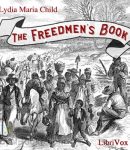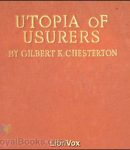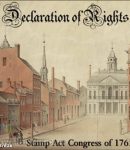Address to Free Colored Americans
The first Anti-Slavery Convention of American Women met in New York City in May, 1837. Members at the Convention came from all walks of life and included such prominent women as Mary Parker, Lucretia Mott, the Grimke sisters, and Lydia Maria Child. One outcome of this important event was a statement of the organization’s role in the abolitionist movement as expressed in AN ADDRESS TO FREE COLORED AMERICANS, which begins: “The sympathy we feel for our oppressed fellow-citizens who are enslaved in these United States, has called us together, to devise by mutual conference the best means for bringing our guilty country to a sense of her transgressions; and to implore the God of the oppressed to guide and bless our labors on behalf of our “countrymen in chains.” This significant event was a precursor to the growing women’s rights movement of the time and to greater female involvement in other political reform movements. [chương_files]






